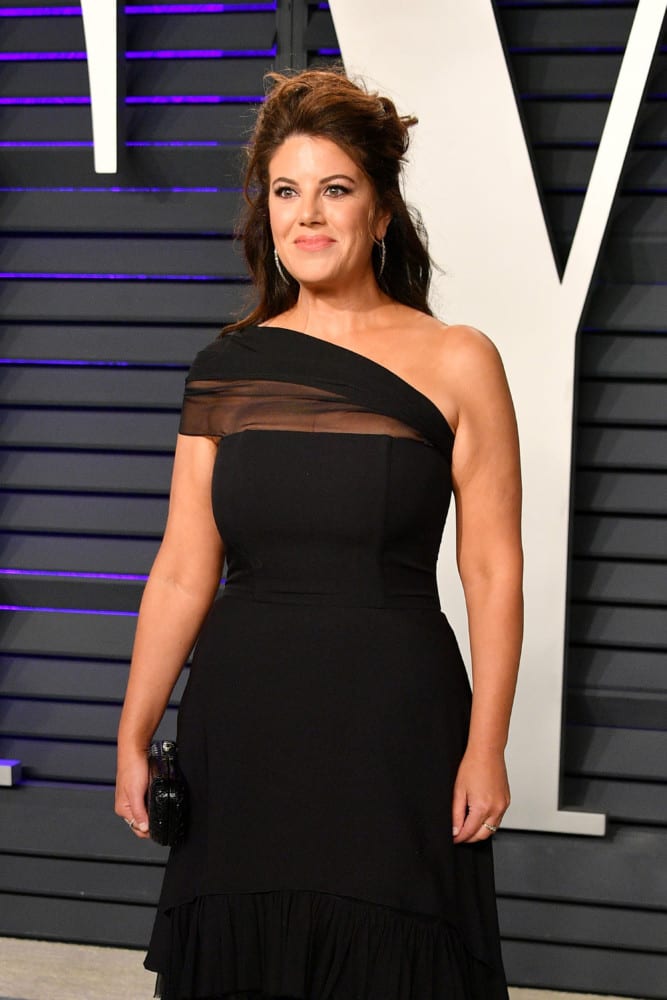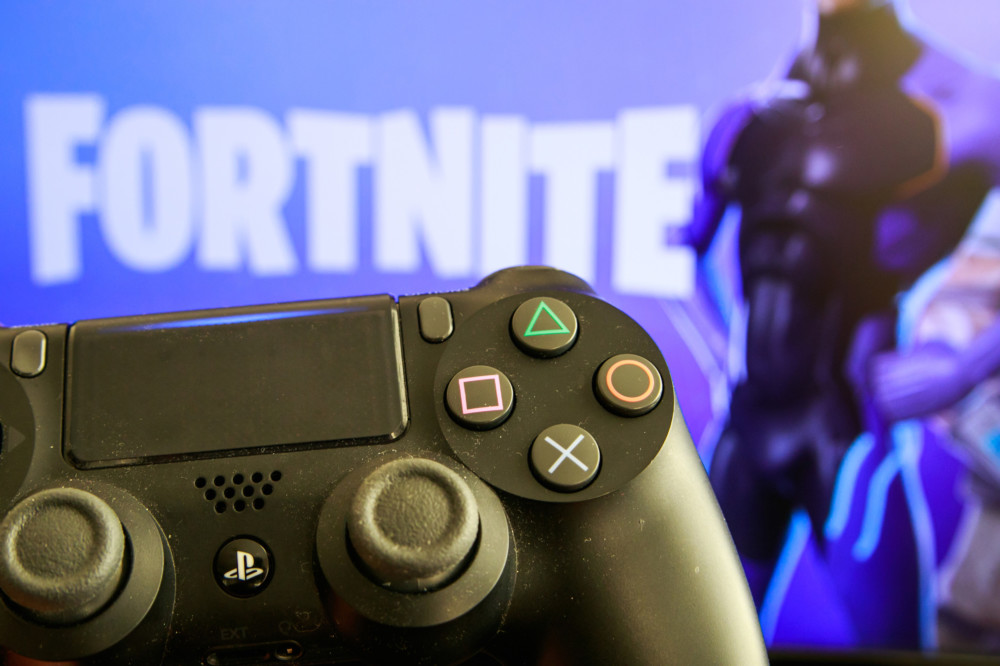By Heidi Stevens
Chicago Tribune
WWR Article Summary (tl;dr) Columnist Heidi Stevens makes the case for why it is more important than ever to hear what Monica Lewinsky has to say.
Chicago Tribune
More from Monica Lewinsky, please.
The 45-year-old activist, author and, of course, former White House intern, appeared on John Oliver’s HBO show, “Last Week Tonight,” recently to discuss our new national pastime, public shaming.
She was funny, poised, erudite and, most of all, steadfast in her resolve that the treatment she’s endured at the hands of the American, scratch that, global, public is a scourge.
It’s a scourge born of our schadenfreude. “It was an avalanche of pain and humiliation,” Lewinsky told Oliver. “Not to say I wasn’t flawed and that I didn’t make terrible mistakes or do stupid things or say stupid things, because of course I did. … Not that I was a perfect angel. But I watched this deconstruction of me and this rebuilding of me, like I was a Transformer almost.”
It’s a scourge born of sexism. “The scandal was named after me,” she said. “Any time that this has been referenced, every single day, every single day in the past 20 years, so it may not be a direct reference to me, but because the investigation and the scandal have my name, I’m then, therefore, attached to it.”
It’s a scourge born of power imbalance. “Bill Clinton didn’t have to change his name,” Lewinsky said, when Oliver asked if she considered changing hers. “Nobody’s ever asked him, did he think he should change his name.”
And so here she sits, still stuck in the aftermath of 1998, on the margins of the #MeToo movement, sidelined but nowhere near forgotten. Or forgiven.
Here and there she inches back toward the spotlight, usually with an invitation to summon the better angels of our nature.
“My hope, given the two decades that have passed, is that we are now at a stage where we can untangle the complexities and context (maybe even with a little compassion), which might help lead to an eventual healing, and a systemic transformation,” Lewinsky wrote last year in a Vanity Fair essay about #MeToo. “As Haruki Murakami has written, ‘When you come out of the storm you won’t be the same person who walked in. That’s what this storm’s all about.’ Who were we then? Who are we now?”
Every time she speaks on a sizable platform, a TED Talk, a magazine essay, a talk show appearance, we go through a predictable cycle of enough, go away, let us move on, and so on.
I don’t think we should move on yet.
I don’t think we can.
I don’t believe for a hot second that Lewinsky would be treated any differently today. Read her Twitter mentions if you’re tempted to believe otherwise.
I think she’d have more defenders, and I think they’d be more vocal. But the scorn and the jokes and the stripping away of her humanity would be just as vicious.
We’ve become no more circumspect about the way we describe our fellow humans, the way we laser in on perceived flaws and inflate and amplify them until a person is those perceived flaws, the way we take complicated narratives and turn them into hero-versus-villain stories.
If anything, we’re getting worse.
Lewinsky has the unique perspective of a person who endured the sting of a long, laborious public lashing and its aftermath. And she’s willing, for whatever reason, to try to guide us toward a better way.
“One of the things that happens with these kinds of experiences is that you start to disappear, you start to feel like you don’t matter,” Lewinsky told Oliver. “And I think that when somebody sees you, you know, and just acknowledges your humanity in the smallest way, it really can make a world of difference. And you don’t know, it could help save someone’s life.”
Keep talking, Monica. A bunch of us want to hear everything you have to say. And all of us need to.
___
Join the Heidi Stevens Balancing Act Facebook group, where she hosts live chats every Wednesday at noon.















































































































































































































































































































































































